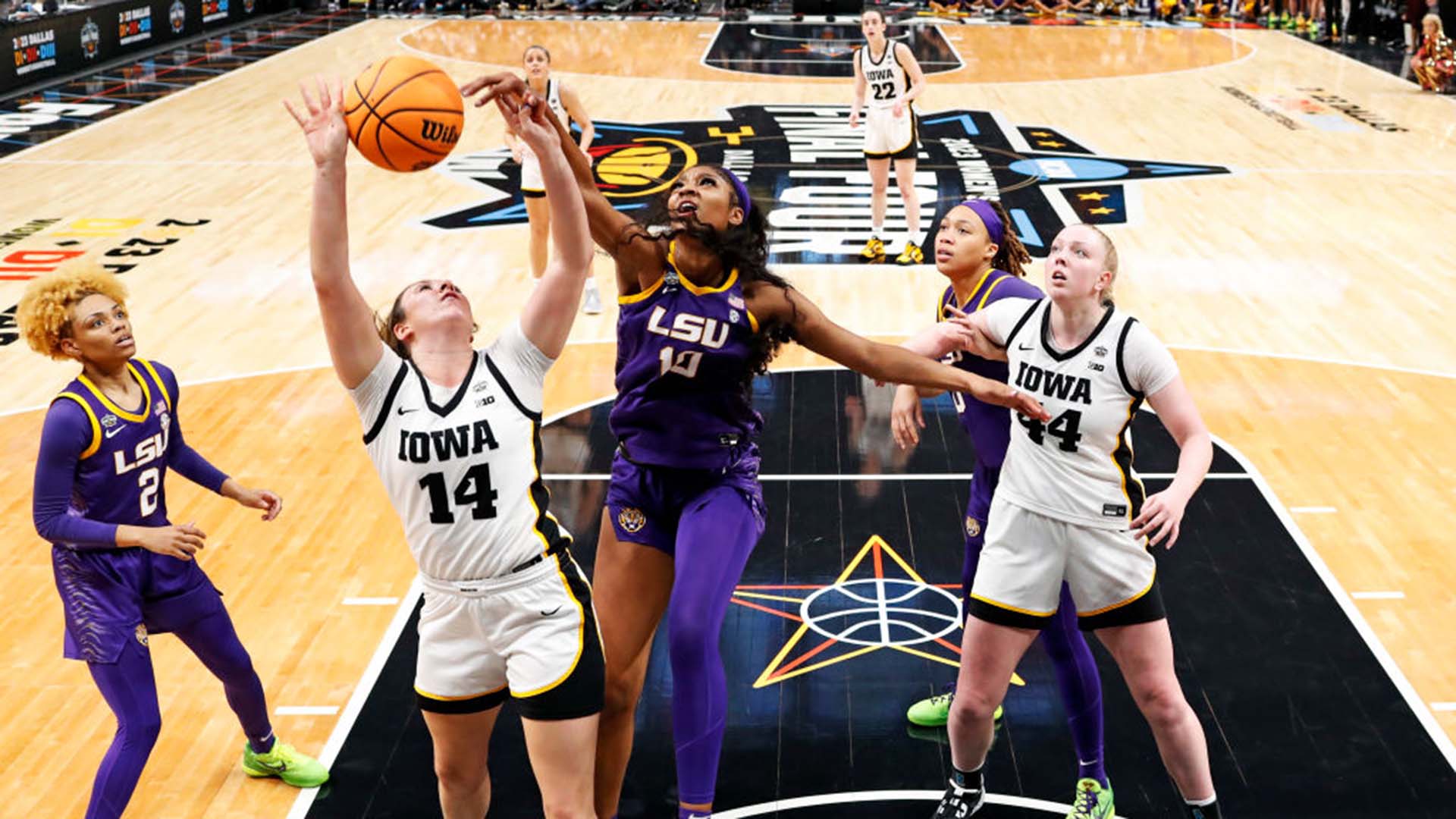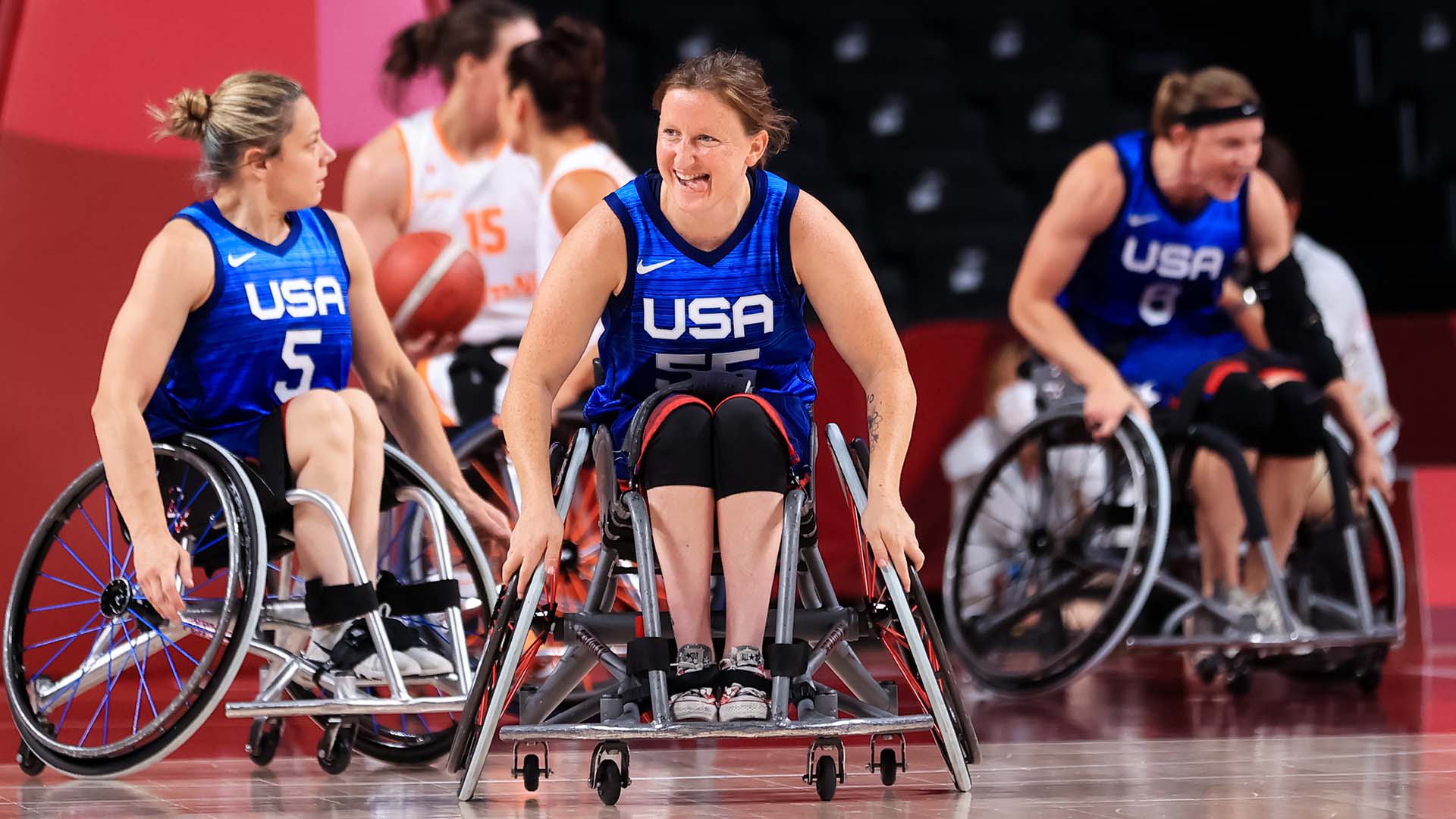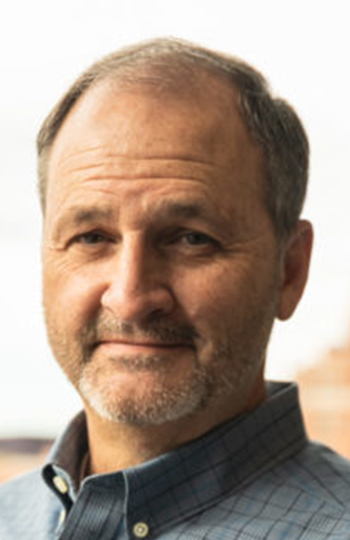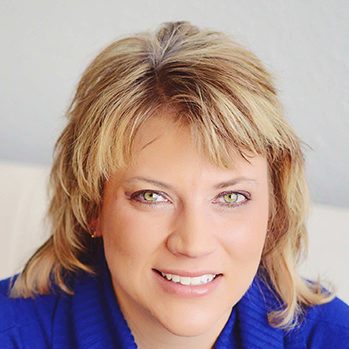Mixing business with education
Consumers can support students through beer, skis, coffee and baseball, thanks to creative partnerships with local businesses
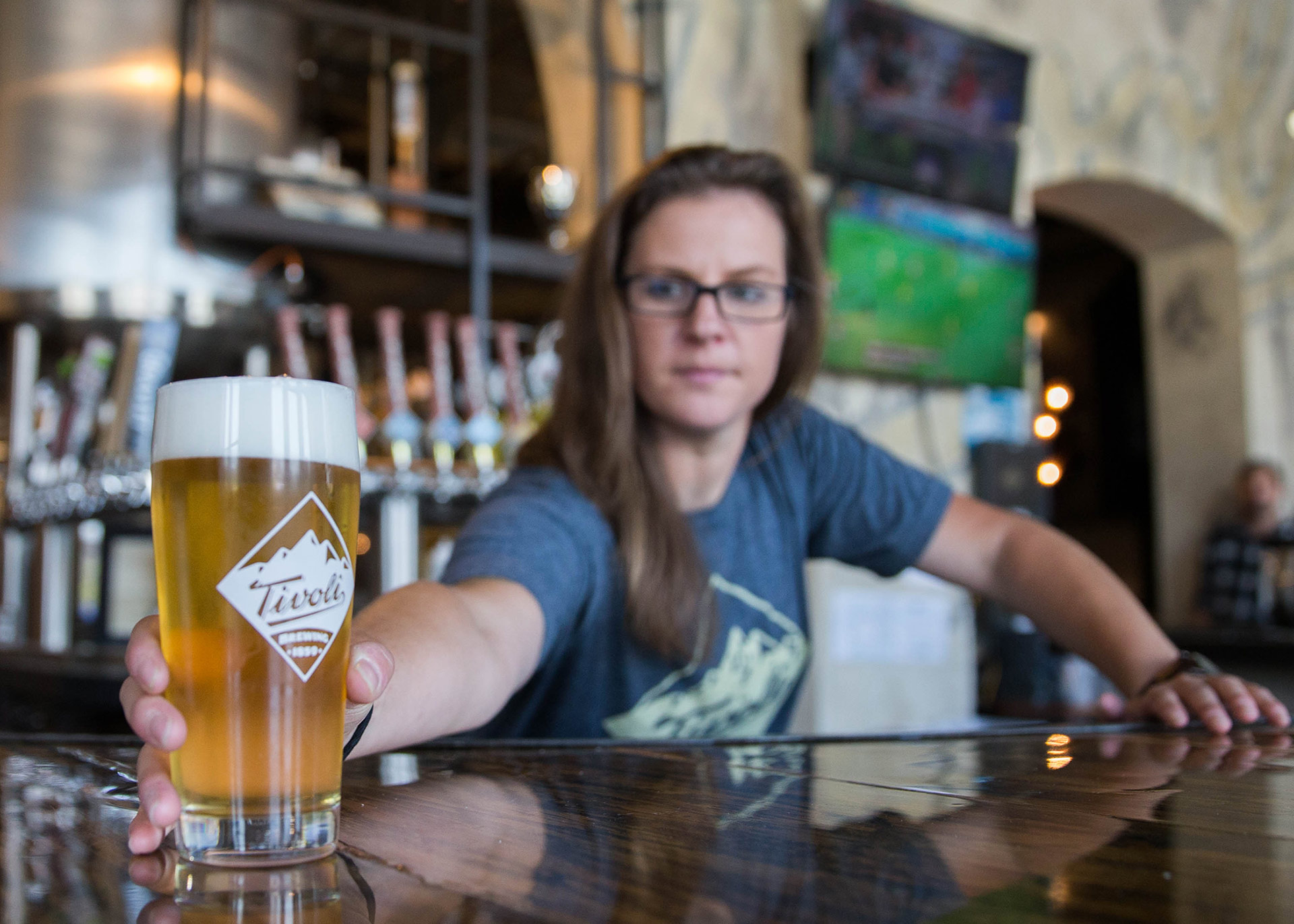
One of the worst-kept secrets on the Auraria Campus is that you can major in beer. Students in the Beer Industry Program at Metropolitan State University of Denver have produced award-winning beer and brews that can be found in restaurants all over Denver and in stores soon too.
What you might not know is just how many ways MSU Denver’s relationship with the Tivoli Brewing Co., the brewing partner on campus since 2015 with historical roots dating to 1859, pays off for the University or what other businesses around town team up with MSU Denver to provide a percentage of profits for higher education.
In addition to close collaboration on academic programs, Tivoli Brewing provides discounted beer for the MSU Denver Mug Club, which is open to the community and funds an endowed scholarship fund; for the newly established Tivoli Beer Garden at the Regency Athletic Complex, which will contribute to scholarships for Athletics and the Beer Industry Program; and for countless University events, such as the Roadrunners Scholarship Dinner and Auction, where last month MSU Denver auctioned for more than $1,000 the chance to rename a Tivoli beer for a month.

Sales of Roadrunner Red, a collaboration of students and Tivoli brewers that can be found on tap around Denver and soon in packages too, indirectly support the University too.
“They’re super-aware that they have a product that we can leverage, and vice versa. It’s a true partnership,” said Jamie Hurst, assistant vice president of strategic engagement for MSU Denver’s Alumni Relations and Giving Department.
It helps that Tivoli Brewing has an MSU Denver alumna in charge of marketing and a roster of employees who have graduated from the University’s Beer Industry Program.
Stephanie Rayman, a 2009 psychology graduate, is the general manager of the Tivoli Tap House and director of marketing and strategy for Tivoli Brewing. Rayman joined the Tivoli team three years ago when the brewery relaunched on campus more than 40 years after it closed its doors in 1969 in the wake of a devastating flood and a union strike. She understands the history of the Tivoli and the University and the unique momentum both institutions are experiencing now.
“The cultures come in line with each other in terms of innovation, experimentation and wanting to break the mold of what traditional institutions or breweries are doing,” Rayman said. “Being able to make ourselves relevant together is a big piece of this.”
Rayman also helped connect the University with another up-and-coming business in Denver, Meier Skis, which donated a pair of custom MSU Denver skis for the Athletics auction. Meier is selling Roadrunner skis and snowboards, with a portion of the proceeds going to the University.

Dazbog Coffee, which has a shop on the Auraria Campus and many more across Colorado, also donates a sales percentage of a special product, its Roadrunner Blend. Dazbog’s owners, brothers Leonid and Anatoly Yuffa, also established the Dazbog Coffee Entrepreneurship Endowment Scholarship at MSU Denver and created a special promotion last fall to financially support students affected by uncertainty surrounding the Deferred Action for Childhood Arrivals program.
“They actually reached out to us because both of them are immigrants. They have a special place in their heart for that, so they wanted to partner with us,” Hurst said. “My conversations with them have really been about our mission and our vision, and they are so sympathetic and pumped up about the type of students that we serve.”

While you can help fund higher education by buying beer, skis and coffee, there’s also a way you can support students by getting paid yourself.
MSU Denver is the exclusive partner of the Colorado Rockies 50/50 raffle this season, where fans can buy raffle tickets with half of the daily pot going to the raffle winner and the other half contributing to the University and the Rockies Foundation.
Faculty, staff, students, alumni and friends of the University sell tickets at every Rockies home game to raise money for MSU Denver programs. The half of the ticket revenue raised by the volunteers amounted to $126,678 in the first half of the season, an average of $2,815 per night. Volunteers get to choose what MSU Denver department or program to donate a minimum of $75 to per game worked, with the final donation determined by season-end sales totals.
Andrea Burgess, a 2010 criminal-justice graduate of MSU Denver, won the season’s biggest prize so far with a check for $6,851 on Opening Day. Caught up in the excitement of Opening Day, Burgess and her husband forgot to even check their ticket until the next day. It certainly paid off when they found out they had won, and the Rockies arranged for them to meet a player and receive a check on the field as the first-ever 50/50 winners at Coors Field.

Another alumna, Lucy Hinesley, is a 2015 exercise-science graduate who has been getting her exercise in at Coors Field this summer by signing up to sell raffle tickets at 14 of the Rockies’ 81 home games. The exercise physiologist has been selling about $1,000 per game she works, designating her volunteer benefit for the Human Performance and Sport Department.
“Higher education is something that’s really important to me. Access to it is getting more limited with costs going up, and I think that MSU Denver’s a really great school because it’s not out-of-reach expensive, and they offer so many scholarships to those who need it the most. Getting to raise money for those scholarships is amazing,” Hinesley said.
The Rockies had conducted raffles at their spring-training complex in Arizona in the past while working to bring one to Colorado. The state requires the organization running the raffle to be a nonprofit membership organization, which led the team to contact MSU Denver.
“I know (MSU Denver Director of Athletics) Anthony Grant from the Denver Sports Commission,” said Jim Kellogg, vice president of community and retail operations. “Since the University’s right down the street, we thought it would be a good relationship, and the people on staff at MSU Denver are doing a great job.”
Hurst said she expects more and more of these kinds of partnerships as the University’s reputation grows in the community and the benefits become more visible.
“This is a great example of how a university can come together with community members to accomplish something that’s benefiting everyone,” Hurst said.

